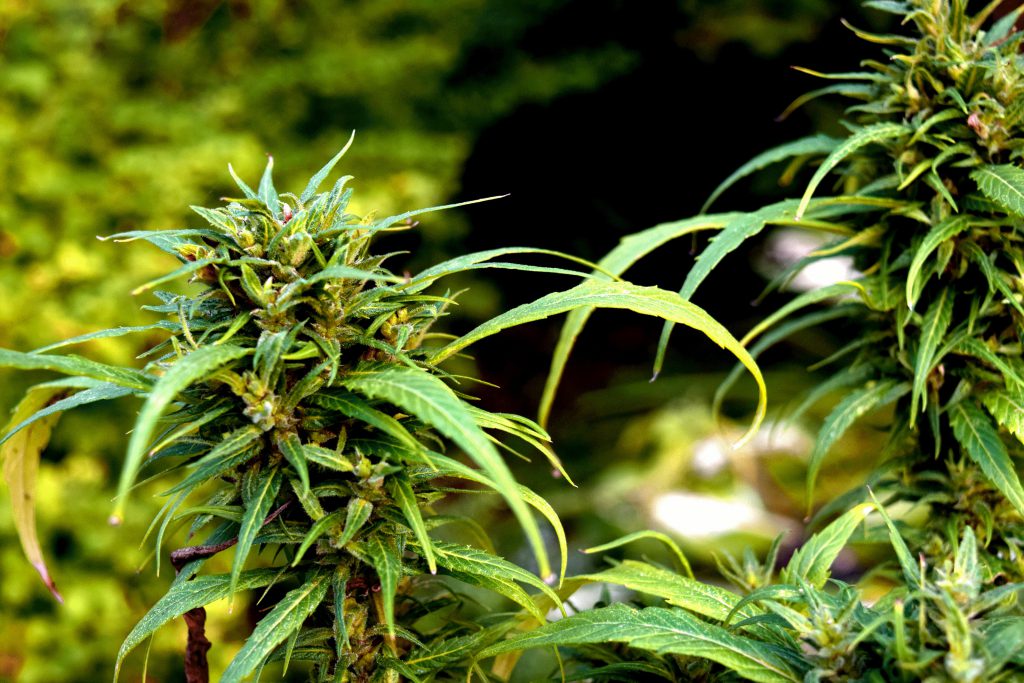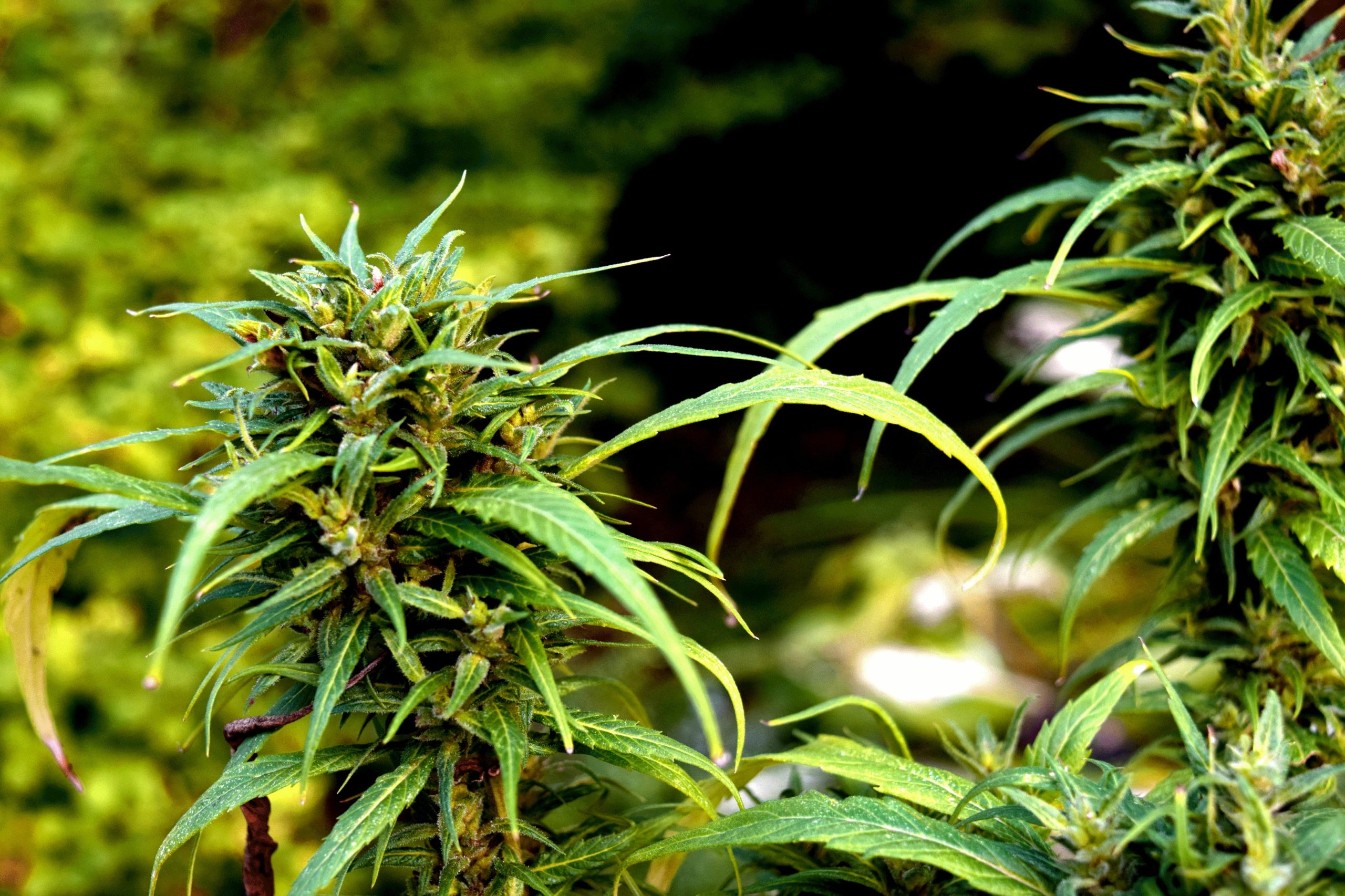
This is the second part of our What is CBD series, created with the help of KalmKanna. If you missed the first part, click here to learn more about CBD, how it works, and what side effects it can cause.
Now we will look at the benefits CBD could have on various symptoms:
Continue reading to learn more about CBD Benefits
Cannabidiol interacts with the endocannabinoid system (ECS) by stimulating the creation of natural endocannabinoids in your body. These bind with their corresponding cannabinoid receptors, promoting your health by helping your body to heal naturally.
Pain Relief
Cannabidiol has proved to be good at reducing inflammation and relieving pain. Inflammation is a natural part of the body’s pain response, but it is important however that it doesn’t last long where it begins to swell and cause more pain. While the ECS is supposed to help with this, it doesn’t always do the job it’s supposed to do.
A 2017 study on CBD for the treatment of pain in response to surgical incision showed the rats experienced less pain after using CBD.
It is thought that THC is also a good pain reliever, which is why some medications contain both CBD and THC. You can’t necessarily buy this if you live in a state with restrictions on THC (medical marijuana or recreational), but it is used to treat certain conditions. In a study of 47 people with multiple sclerosis (MS), people who used CBD for one month experienced a significant improvement in pain, walking and muscle spasms when compared with a placebo group.
Anti-Inflammatory
Studies on CBD oil and pain management have shown high promise. It can also offer an alternative for people who have chronic pain and rely on more harmful medications like opioids.
Cannabidiol is a pain relieving cannabinoid found in the cannabis plant that doesn’t cause psychoactive effects. CBD is also not addictive which makes it a great alternate for pain relief over opioids. Which is huge as we see the United States currently caught in a crushing opioid addiction crisis.
The most common use for CBD is for pain relief due to its potential as an anti-inflammatory agent. In a study it found that Cytokines regulate the immune system by reducing inflammation. If a person experiences chronic inflammation, then it’s because their cytokines are out of balance, which CBD helps to regulate the process.
It reduces the Impact of Inflammation on Oxidative Stress.
“Growing evidence suggests that the endocannabinoid system, which includes the CB₁ and CB₂ G-protein-coupled receptors and their endogenous lipid ligands, may be an area that is ripe for therapeutic exploitation. In this context, the related nonpsychotropic cannabinoid cannabidiol, which may interact with the endocannabinoid system but has actions that are distinct, offers promise as a prototype for anti-inflammatory drug development.” According to a US NLM & NIH study.
Just like the imbalance of cytokines, oxidative stress can cause organ damage or dysfunction, but can be balanced by the use of CBD.
Reduces Intestinal Inflammation
A 2011 study found that “CBD targets enteric reactive gliosis, counteracts the inflammatory environment induced by LPS in mice and in human colonic cultures derived from UC patients. These actions lead to a reduction of intestinal damage mediated by PPARgamma receptor pathway. Our results therefore indicate that CBD indeed unravels a new therapeutic strategy to treat inflammatory bowel diseases.”
Enteric glial cells (EGC) mediate acute and chronic inflammation in the stomach, and when these are not balanced they boost the response in the Central Nervous System and immune systems. As stated in the study, “CBD is an interesting compound because of its ability to control reactive gliosis in the CNS, without any unwanted psychotropic effects.”
Mood Disorders
The endocannabinoid system actually plays a large role in regulating mood. They can bind with receptors and stimulate the release of compounds like dopamine and serotonin, which are mood-boosters.
Mood disorders like anxiety and depression are usually treated with pharmaceutical drugs that have significant, unpleasant side effects. Some are even addictive and have potential for abuse.
CBD might actually be a natural way to tackle these disorders with similar antidepressant effects. A 2011 study by the University of Sao Paulo researched its use for social anxiety. 24 people with social anxiety disorder received 600 mg of cannabidiol or a placebo before doing a public speech. The group who ended up taking the cannabidiol had significantly reduced anxiety, cognitive impairment and general discomfort during their speeches when compared to the placebo group. It is also being used by those who suffer from degrees of depression and PTSD showing similar effects.
Skin Conditions
Many people will suffer from acne and other skin conditions like psoriasis. Some skin conditions are caused by underlying inflammation, which of course can be helped by cannabidiol as we have already discussed.
Some conditions may be from the overproduction of sebum from glands in the skin. In 2014 a study found that CBD oilprevented the sebaceous gland cells from secreting excessive sebum. It also prevented the activation of inflammatory cytokines which can cause acne.
It’s also possible that CBD might help with other skin conditions like psoriasis. A 2007 study by JD Wilkinson and EM Williamson found that cannabinoids inhibit rapid development of keratinocyte. The researchers concluded that it could help in the treatment of psoriasis.
Neuroprotectant
Cannabidiol is a patented neuroprotectant in the United States. Cannabis has been established as a potential treatment for epilepsy for a few years now, but a large amount of this ability to prevent seizures is down to the compound of Cannabidiol. Usually, THC is usually included in epilepsy treatments as well, but CBD is still important.
There are quite a few studies showing this. In a 2017 study researchers found that CBD oil significantly reduced seizure activity in children with Dravet syndrome. Another study gave 214 people with severe epilepsy 0.9-2.3 grams of CBD oil per pound of body weight. Their seizures were reduced by 36.5%.
It could also help in the treatment of neurological disorders like Alzheimer’s disease, MS and Parkinson’s. A study in 2014 gave CBD to mice that were genetically pre-disposed to Alzheimer’s, finding that it helped to prevent cognitive decline.
Other Benefits of CBD Hemp Oil
Since CBD stimulates the endocannabinoid system, it could in theory help with any problems related to any of the functions the ECS controls. With the ECS having such a large role in the body this makes CBD extremely useful.
There also have been psychiatrists that use it to help recovering addicts from substance abuse, as well as help with appetite regulation and promote heart health. CBD has great potential as an alternative treatment for a long list of conditions, and it can even be taken to help boost your general health. Something that all of us should use in our daily diets like any other supplement.

Be the first to comment